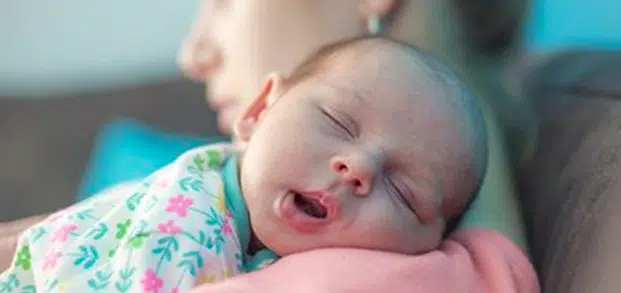A recent Swedish study reveals that women who develop depression during or after pregnancy, known as “perinatal” depression, are more likely to face an early death. The study, published in BMJ, indicates that women with perinatal depression are generally twice as likely to die compared to those without the mood disorder. Additionally, women with perinatal depression are six times more likely to commit suicide. The heightened risk of death associated with pregnancy-related depression peaks in the month following diagnosis but remains elevated for almost two decades.
Perinatal depression, affecting 10% to 20% of pregnant women, was the focus of the study. Researchers analyzed data from over 86,500 Swedish women diagnosed with perinatal depression, comparing them to more than 865,000 women of the same age who gave birth in the same years between 2001 and 2018 but did not develop depression associated with pregnancy. The study revealed that the death risk was highest for women diagnosed with depression after childbirth, aligning with previous findings on postpartum depression. Moreover, the research highlighted an elevated death risk in women who developed depression during pregnancy, an aspect less studied previously.
The study found consistent risk levels irrespective of whether a woman had psychiatric problems before pregnancy, emphasizing the importance of continuing effective psychiatric treatment during pregnancy. Factors such as lower education and income were linked to a higher likelihood of being diagnosed with perinatal depression. The researchers suggested that vulnerable women, particularly those with lower socioeconomic status, should be the focus of future interventions. While effective tools for detecting and treating pregnancy-related depression exist, the study underscores the importance of widespread screening and providing necessary, evidence-based care and support to pregnant women.

